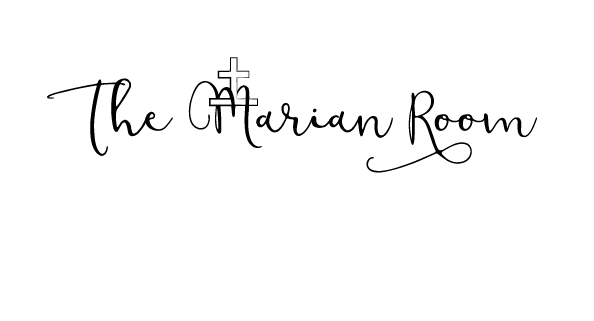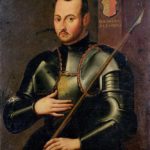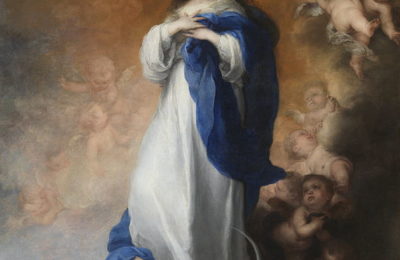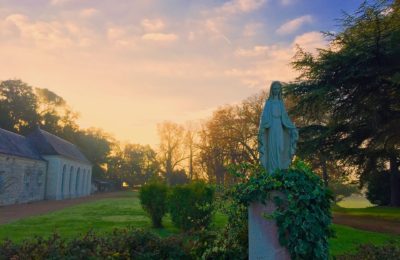“You shall know the truth, and it will make you odd.” Flannery O’Connor
“All the optimism of the age had been false and disheartening for this reason, that it had always been trying to prove that we fit in to the world. The Christian optimism is based on the fact that we do not fit in to the world. I had tried to be happy by telling myself that man is an animal, like any other which sought its meat from God. But now I really was happy, for I had learnt that man is a monstrosity. I had been right in feeling all things as odd, for I myself was at once worse and better than all things. The optimist’s pleasure was prosaic, for it dwelt on the naturalness of everything; the Christian pleasure was poetic, for it dwelt on the unnaturalness of everything in the light of the supernatural. The modern philosopher had told me again and again that I was in the right place, and I had still felt depressed even in acquiescence. But I had heard that I was in the wrong place, and my soul sang for joy, like a bird in spring. The knowledge found out and illuminated forgotten chambers in the dark house of infancy. I knew now why grass had always seemed to me as queer as the green beard of a giant, and why I could feel homesick at home.” G.K. Chesterton
“…I had heard I was in the wrong place, and my soul sang for joy, like a bird in spring. The knowledge found out and illuminated forgotten chambers in the dark house of infancy. I knew now why grass had always seemed to me as queer as the green beard of a giant, and why I could feel homesick at home.”
To view the world from “illuminated…chambers” of the “house of infancy” will, indeed, make a person odd; this person will find that the world will not agree with him, and will try to drive from him his childlike sense of wonder, but such a person must resist the world (and the flesh, and the devil, as well).
So, may the “grass …always seem” to you “as queer as the green beard of a giant.”
•SCF






